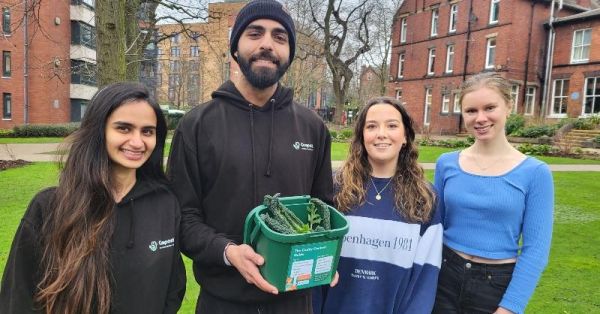
Social enterprise tackles food waste
Food waste campaigners are calling on Leeds residents and businesses to get on board with their free collection service which prevents household food waste from going to landfill.

Food waste campaigners are calling on Leeds residents and businesses to get on board with their free collection service which prevents household food waste from going to landfill.

BBC presenter Amy Garcia has marked ten years hosting Look North by addressing the media professionals of the future.
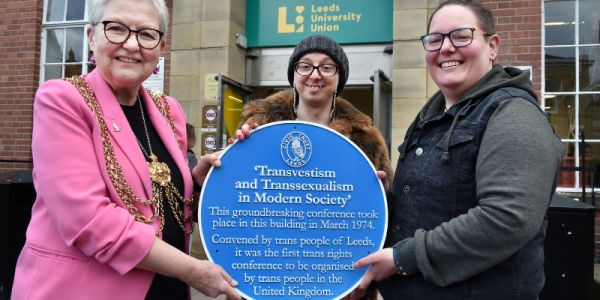
A blue plaque has been installed on campus to commemorate the 50th anniversary of the UK’s first ever trans conference.

The government must form a national plan to tackle child poverty with schools and nurseries at the forefront, the authors of a new report say.
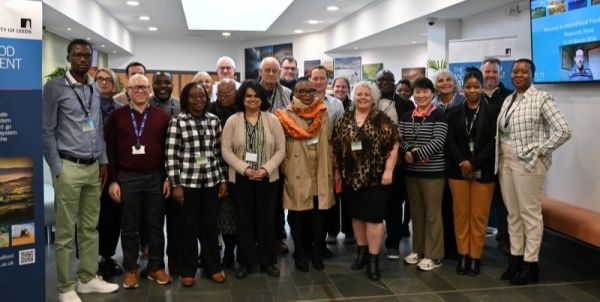
Partners from across Africa gathered in Leeds for a week of research dedicated to tackling challenges in food systems and supply chains.

Fewer middle-aged people are dying from cancer in the UK than at any point over the last 25 years, new research shows.

Dr Manar Samman (MSc Bioscience 2010; Medicine 2015) has been recognised with a national award for her contribution to medical education and practice in Saudi Arabia.
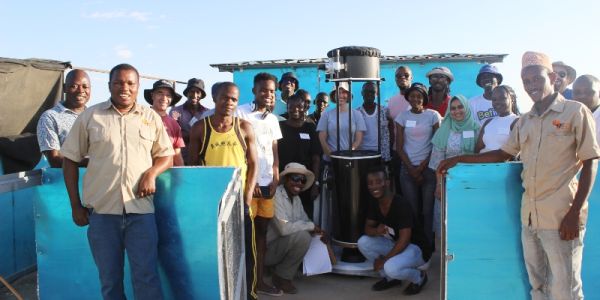
A pioneering radio astronomy project, introducing skills and expertise to countries across Sub-Saharan Africa, has received a funding boost to continue its transformational work.

Socially prescribed creative play helps children and their parents develop new skills and promotes wellbeing, a new study has found.
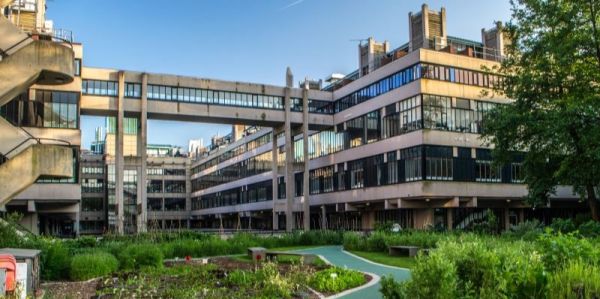
The University Council is seeking to appoint several high-calibre individuals with broad leadership qualities, who can add value to its work as the University’s governing body.